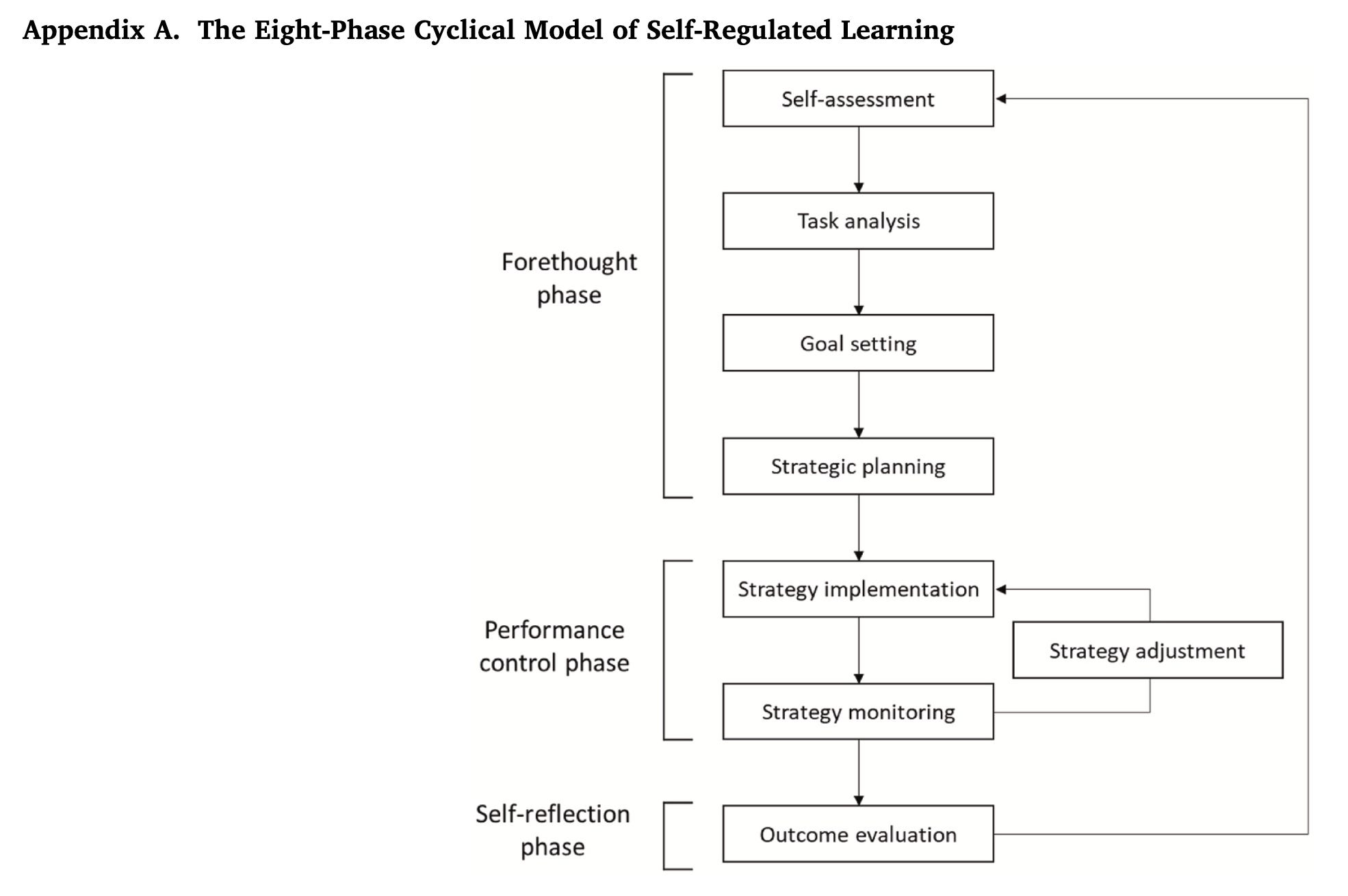You gotta start them young.
Lee et al. (2023) have developed an effective domain-specific self-regulated learning intervention for elementary school students.
True story: in 2nd grade my school called home to my mom and said, “We’ve noticed Jeff has a dexterity problem, so we want to put him in a special dexterity class.” My mom replied, “That’s sounds okay, but when would this class happen?” “Well, that’s the one issue,” the school administrator said, “the class is only held once a day and it happens to occur during Jeff’s reading class. So, he’d miss that.” My mother, wisely, said, “Oh hell no. Jeff will stay in reading class and be clumsy.” Thus, today I’m a professor who often bumps into the walls while walking down the hallway.
My point is: things we begin practicing early in life often have a strong effect on our later skills and performances. That’s why I was so excited to see Lee et al.’s (2023) article on self-regulated learning interventions for elementary school students. I’m a fan of self-regulated learning and particularly excited when I see effective interventions (they found statistically and practically performance gains), based in domains (they developed and studied the intervention in writing, mathematics, and reading), implemented in authentic classroom environments by teachers themselves, rather than the researchers. We need more interventions that can be successfully implemented by teachers - an effective SRL intervention that only works when researchers implemented it isn’t very useful, in the long run.
I was particularly enamored of how they translated Zimmerman’s model of self-regulated learning into an intervention model:

The article is a great read overall, but their instructional and teacher training/support models are particularly intriguing and worth paying attention to.
And, of course, I would love to see self-regulated learning models and interventions like this one incorporated into educator preparation programs and standards, particularly for elementary school. The earlier students are exposed to these ideas, the more likely it will be that they internalize them into life-long learning habits.